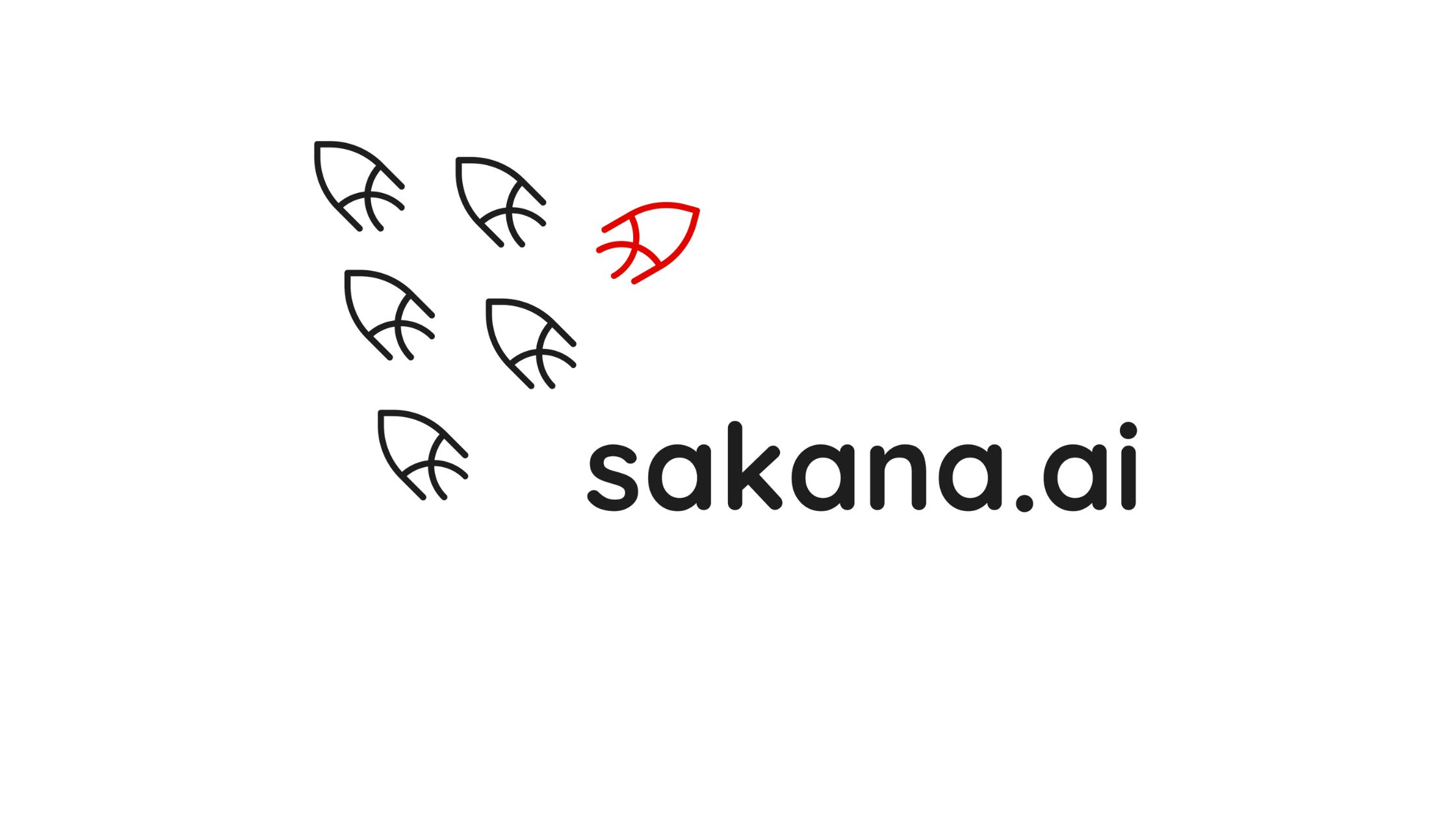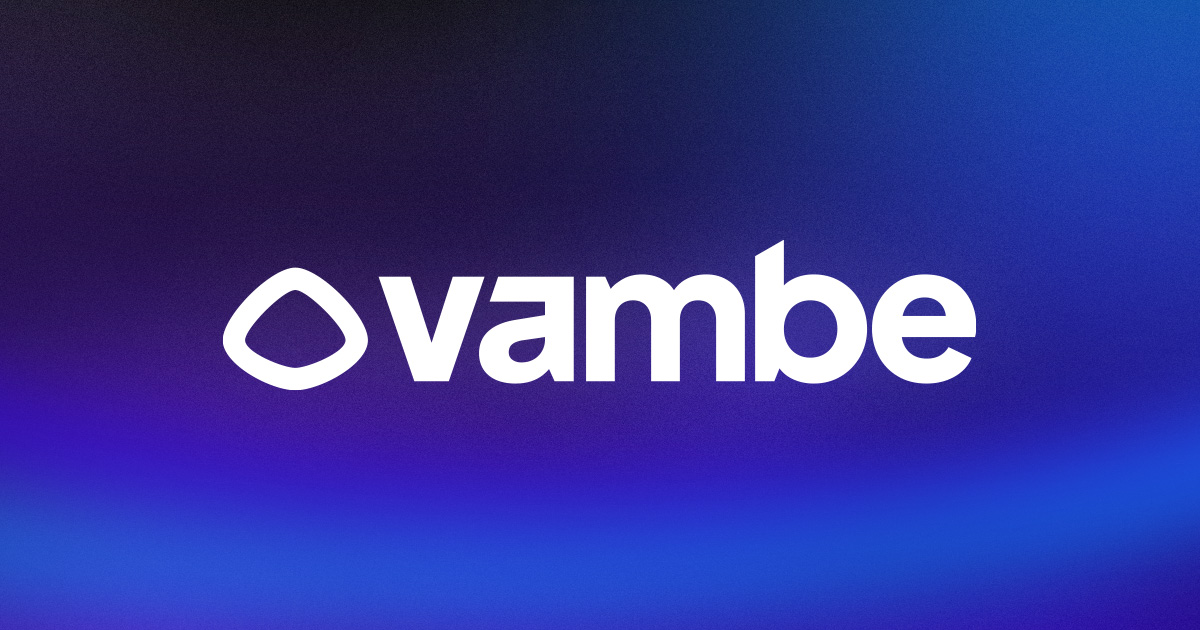General
-

Sakana AI Reinvents Model Training with CycleQD for Multi-Skill Mastery
Sakana AI has unveiled CycleQD, an innovative framework designed to streamline the development of multi-skill language models. By leveraging evolutionary algorithms, CycleQD enables the creation of diverse, task-specific agents without the need for expensive and…
-

Y Combinator Alum Nowadays Raises $2M to Automate Event Planning
Y Combinator alum and 2024 Disrupt Battlefield participant Nowadays has secured $2 million in seed funding to revolutionize event planning using AI. The startup, founded in 2023 by sisters Anna Sun and Amy Yan, leverages…
-

LatAm Startup Vambe Boosts ARR to $1M After Pivot to AI
Vambe, a Santiago-based startup, has transformed its business trajectory by pivoting to conversational AI tools. Originally founded in 2023 by Nicolás Camhi, Matías Pérez Pefaur, and Diego Chahuán, the company began as a CRM for…
-

Key Leaders from Google’s NotebookLM Team Depart to Launch New Startup
Three pivotal members of Google’s NotebookLM team, including its team lead, Raiza Martin, have announced their departure to establish a new stealth startup. Joining Martin are designer Jason Spielman and engineer Stephen Hughes, marking a…
-

Cleerly Raises $106 Million for AI-Driven Heart Health Detection
Cleerly, a startup focused on cardiovascular imaging, has secured $106 million in a Series C extension round led by Insight Partners. The company’s AI-powered software analyzes CT scans to detect early-stage coronary artery disease, addressing…





